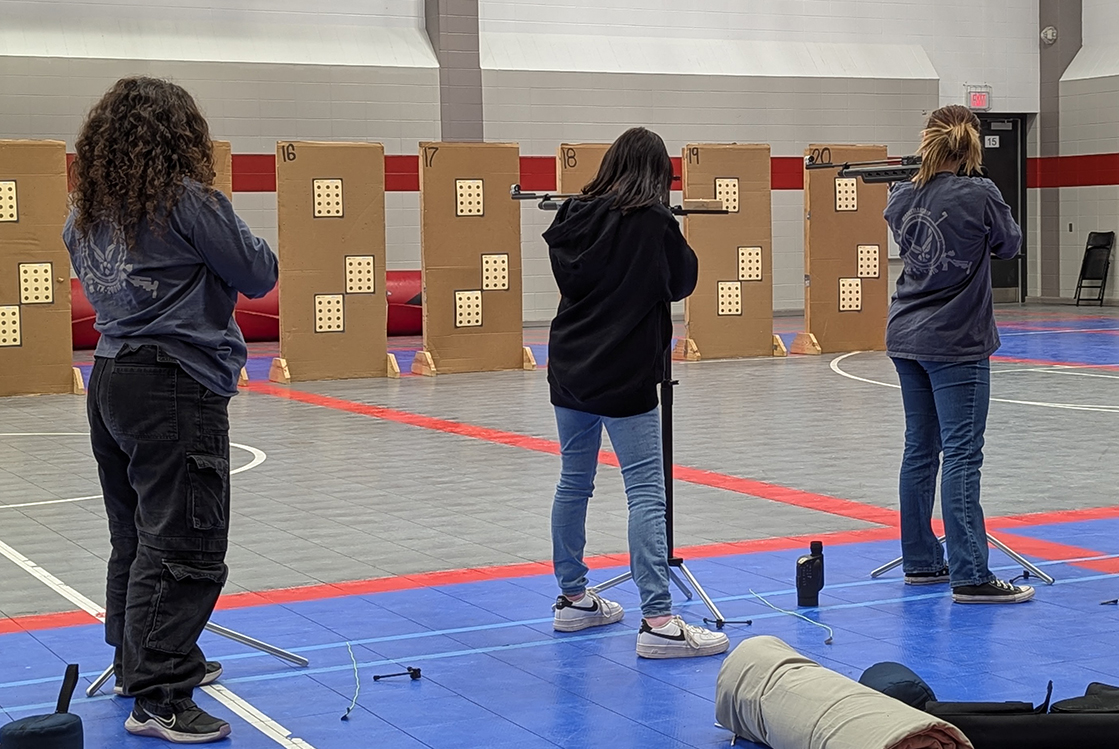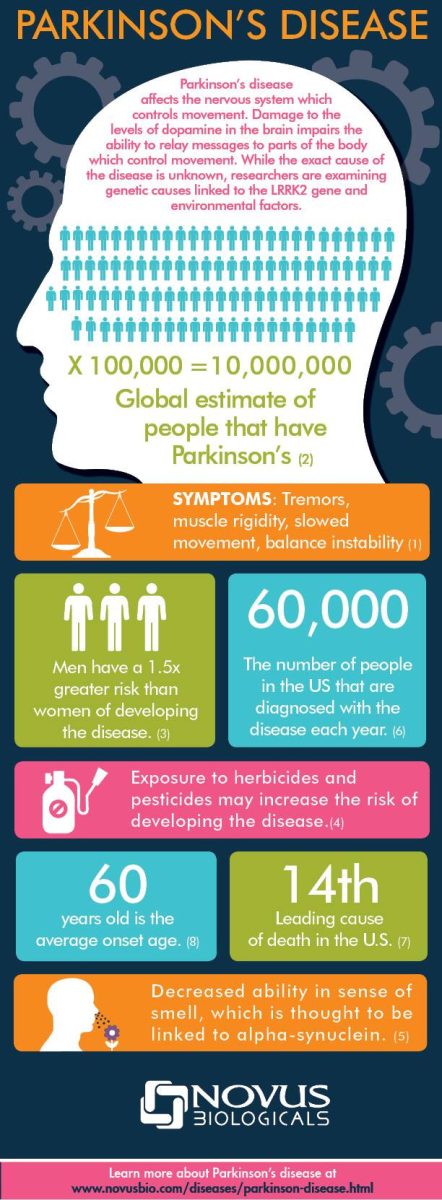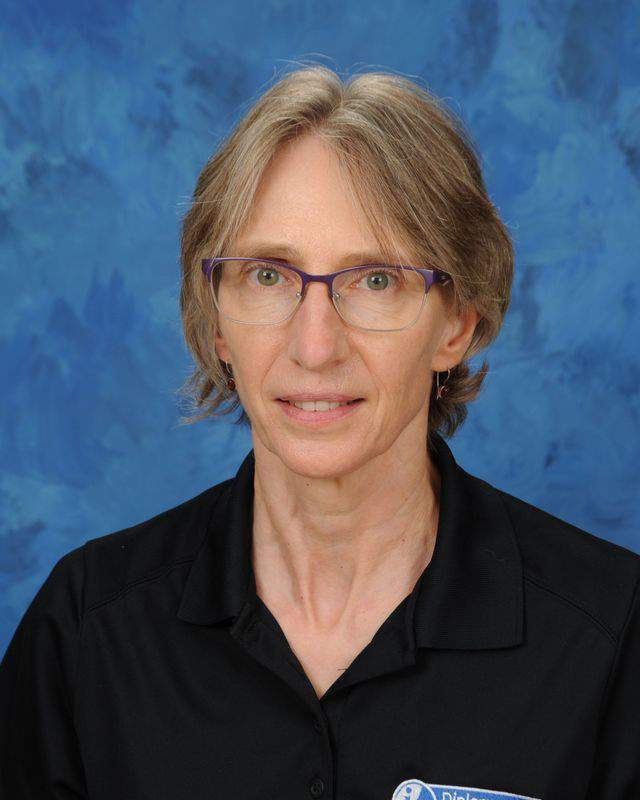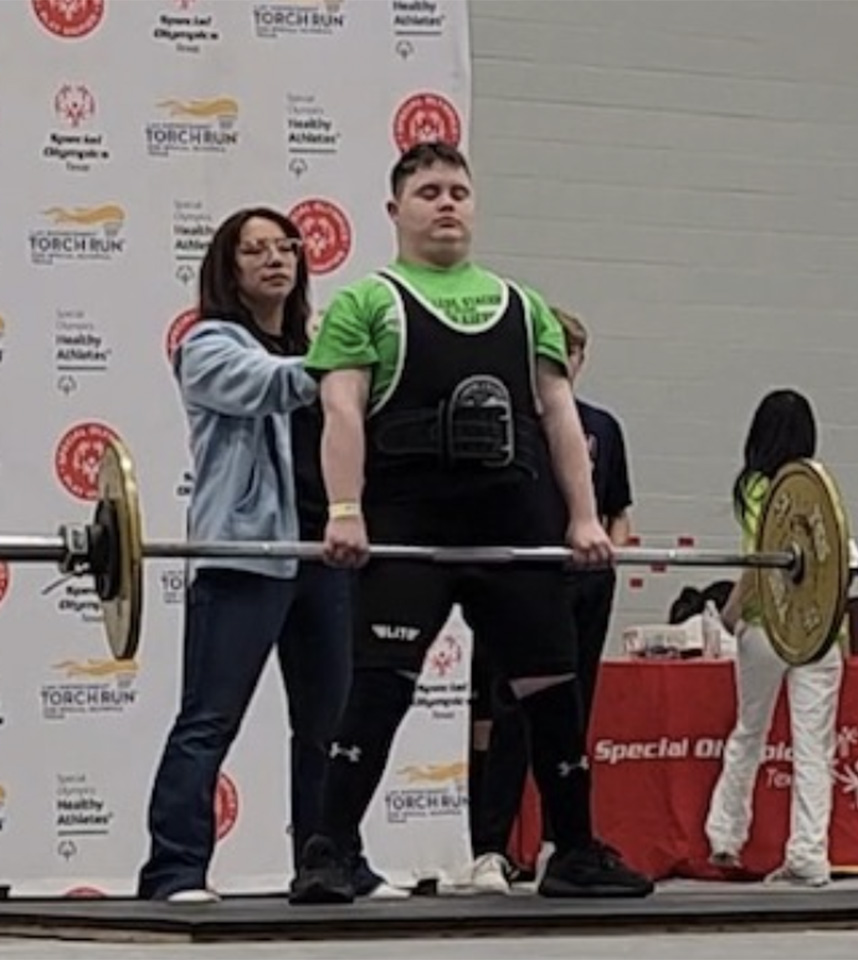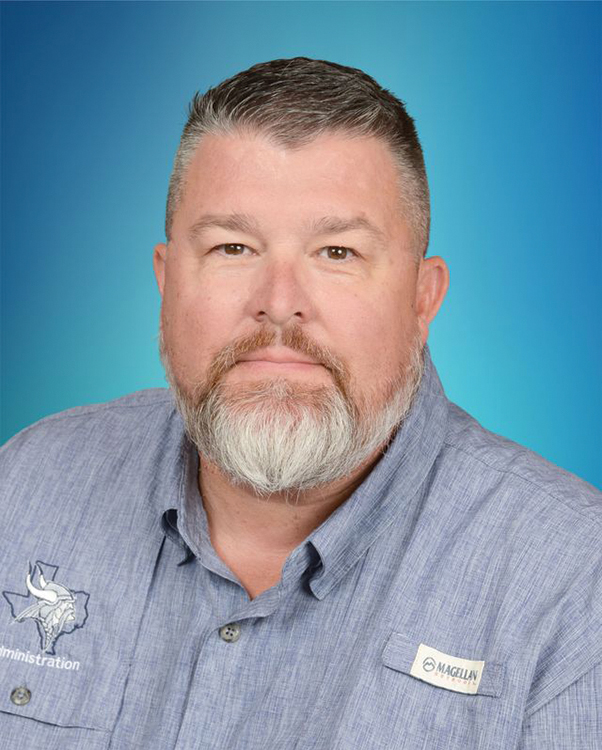While many children came home to watch cartoons or play outside, senior Ana Meyer came home at age seven to meet her new parents for the first time. Meyer was adopted after spending several months in and out of foster care.
For several days at a time, Meyer’s biological mother would leave her daughter with other relatives, babysitters or even strangers. Eventually, Child Protective Services took Meyer away from her mother’s care, and after several transitions back and forth between foster care and her mother’s home, Meyer was adopted by whom she considers her true parents.
“I wouldn’t say [my mom] was a bad person, she just had lots of problems,” Meyer said. “I have to say that I had to grow up a lot faster than other kids did and I didn’t really have the childhood that most kids would normally have. I haven’t really been able to relate to other people really well because they haven’t been through the things that I have.”
Meyer says that through all of the experiences she’s had, her parents have had a positive impact on her life.
“I’ve been a very difficult child for them, I’m sure,” Meyer said. “There’s been some very difficult times, but they’ve been there for me throughout this entire time. They’ve always taken up for me and helped me through things and been there for me.”
Adoption, Meyer says, has given her a reason to work hard in life.
“It’s given me a drive, and my parents now have given me a drive, to succeed in everything that I do and not be put back in that life,” Meyer said. “My mom’s also taught me to never depend on anybody but myself because of this, because I haven’t been able to depend on anybody else.”
Though Meyer says her family has always been there for her, she says there is always a subconscious concern and curiosity about her biological family.
“[My biological parents] are the ones who gave me life and brought me into the world, but they aren’t my family,” Meyer said. “For adoptive parents, you have to understand that there’s always that little hint, that scariness that she may leave us because we aren’t her real parents. But I’ll say that they are my real parents. They’re the only real parents I’ve had. They’ve always taken care of me. They’re still my family and that’s not going to change.”
For Meyer, these concerns surfaced on her 18th birthday, when her biological great-uncle sent her flowers and tried to contact her.
“I was devastated,” Meyer said. “I didn’t know how to react to that. I just cried. Just now recently, he’s actually sent me a letter where he said, ‘I’ve been thinking about you,’ ‘I miss you,’ ‘you’re still part of our family,’ ‘we still think about you.’ My family and I have had to go through a really difficult time right now because I think they’re scared that I’m going to go back to them, but that’s not the case.”
Through all of the challenges, though, Ana’s parents say that adoption was a worthwhile and rewarding experience.
“One of the most rewarding things about adoption is the joy of watching a child grow and learn,” Meyer’s parents said. “To know that you made a difference, in our case, to an older child that a lot of people, including her biological family, had given up on is rewarding.”
Because Meyer was adopted at seven years old, she was considered to be one of the older children to be adopted which is less frequent than adoption of infants or babies. To apply for her Girl Scout Gold Award, Meyer made an informational video for prospective adoptive parents about adopting older children.
“[The video’s] to help the parents understand that older kids need homes too,” Meyer said. “It’s trying to help other kids because I’ve been given the opportunity to have a second chance at a better life. That’s the whole point in being adopted and I want other kids to be able to have that too.”

